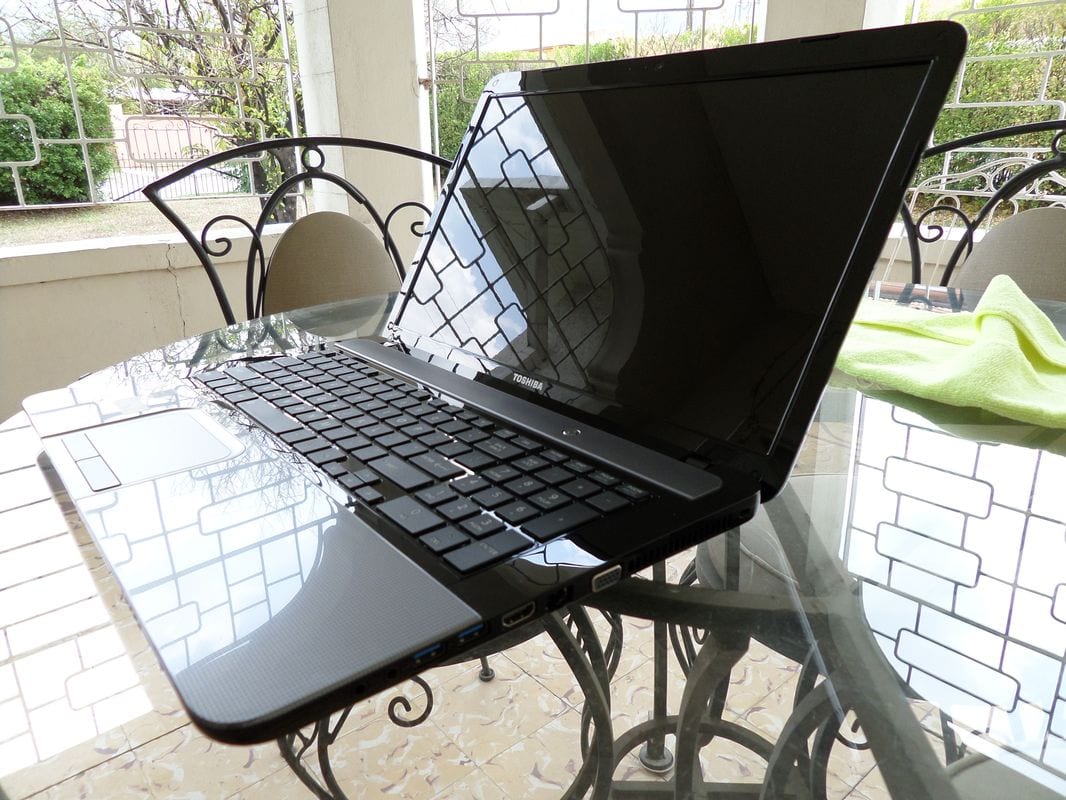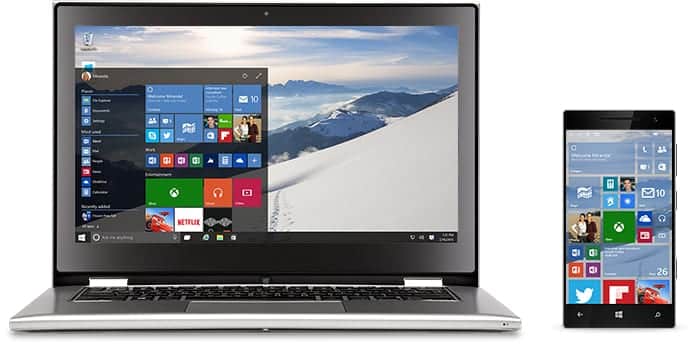More often than not, I have seen people purchase the wrong notebook computer for their needs. This guide will help to make your laptop shopping less confusing, and yield a better result.

Before shopping for a laptop, you should think about whether or not you would be comfortable with a desktop, because desktops offer more power for the money, and they are more upgradeable. Also carefully consider potential issues such as screen size, free space in your room, and your performance requirements.
Portability And Performance
Screen size and performance requirements will affect the size of your future laptop more than anything else.
Must you have a tremendous amount of power in a thin, lightweight laptop? This will cost you a great deal of money, but ‘power’ is not all about the RAM or CPU.
You need to consider what you need all that power for. Is it for resource-intensive video games, video editing, or is it for frequent multitasking, software development, and other resource-intensive tasks that don’t involve video?
I’m referring to video games with advanced graphics such as The Elder Scrolls series, Fallout, Need For Speed, America’s Army, and similar games.
If it is video-related, you need a decent video card/video adapter which has at least 1 GB of dedicated memory (this is just called 1 GB of video memory or VRAM on manufacturer’s websites), and of course a CPU which is at least a quad-core 2 GHZ. These requirements are ever increasing, so 2 GB is better for gaming (but nothing too extreme).
Bear in mind that you need to choose the CPU based on the calibre of game you intend to play. They vary quite a bit. Some of them require copious amounts of system resources.
I have done video editing without a hassle using my 512 MB video adapter, however, 1 GB is better if you can afford it.
If you are not doing graphics-intensive tasks, then consider one of the business-oriented product lines for example: the Toshiba Tecra (or Portege) and Dell Latitude. For other brands, go to the ‘business’ or ‘professional’ section.
These product lines often offer compact, and energy-dense lithium-polymer battery technology which trounces all the others with a gravimetric energy density of 180 Wh/kg of these batteries. Batteries especially limit how thin and light a laptop can be.
These computers can offer several hours of battery life (up to 15.6 hours in the case of the Toshiba Portege), compared to the 2-4 hours you will get from a typical consumer laptop (like a Toshiba Satellite or Dell Inspiron). They are also sometimes made from lightweight, but decent materials to improve portability, including magnesium, aluminium, and carbon fiber.
Laptop Screen Size Matters
When shopping for laptops, you’ll see that the models with smaller screen sizes (less than 16″) don’t only have smaller keyboards with less space between the keys, but they also lack the numeric keypad. I, being someone who used numeric keypads very frequently, definitely wanted a laptop that had one, which meant it would be a relatively large unit.
I also happen to be a writer, and large keyboards are very suitable for heavy typing, so this suits me very well.
If you don’t type frequently, and you carry your laptop around very frequently, a smaller model may suit you better.
Apart from that, do you edit spreadsheets often? Do you watch plenty of videos, do you use a TV tuner to watch TV on your computer? If so, you are better off with a larger screen. Smaller screens are often a smaller resolution and will force you to scroll more often, which may not appear to be a major issue until you experience it daily.
Bear in mind that I wouldn’t recommend buying a model with a large screen just because it’s better, as laptops with larger screens tend to be heavier, more expensive, and just a little more cumbersome to carry around.
If You Do Decide To Buy A Laptop, Consider This
Doing your best to keep it portable will make a world of a difference for you.
You’ll be glad you followed the following tips:
- Always choose a model which can last through your average lecture, presentation, or other job without plugging it in. If not, you’ll end up carrying the charger around and that computer could end up being a nuisance (based on my personal experiences).
- A wireless mouse is worth it if you can’t stand the touchpad.
- If you listen to music on it often, a single wireless speaker is worth it.
- I would recommend keeping your speakers in whichever room you use them most, and just leave them there.
- Ensure that your carrying case is the right size. I know this sounds obvious, but sometimes people will just about ‘fit’ their laptop into a slightly undersized case which looks like it can work, but what if you have to take it out frequently, or need extra space for your mouse, charger, tablet, etc? This issue manifested itself first when I had to stop at multiple airports on my way to Detroit. That was a fun trip overall, but my undersized laptop case certainly detracted from that.
- Ensure that it has both Wi-Fi and an Ethernet port, especially if using it for work.
Self-imposing rules like the suggestions above will ensure that you don’t have to carry a bundle of items with your laptop, or struggle with zippers, at airport security checkpoints, etc.




